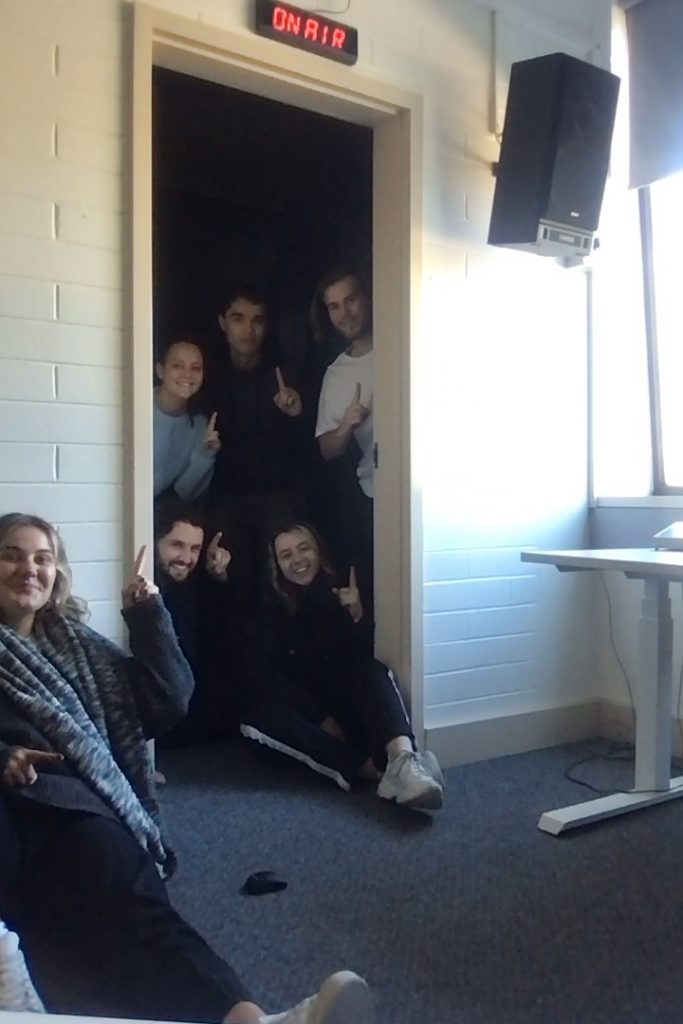Tea Party stirring US politics
By AMY BIRCHALL
Two years ago, the Tea Party movement did not exist. Now it is one of the most influential forces in US politics. What is it, where did it come from and is it here for the long run?
How did the Tea Party movement begin?
In early 2009 the US was in the worst recession since the Great Depression. Right-wing media criticism had wilted President Obama’s promise of hope and change. Millions of people had lost jobs, savings and homes. Obama decided to go ahead with health care reform and a mortgage bail out plan, despite widespread opposition and a weak economy.
CBNC journalist Rick Santelli responded with an on-air rant criticising Obama’s handling of the economy.
“Obama, are you listening? …We’re having a Chicago tea party…. I think we’ll be dumping derivative securities”, he said.
The first Tea Party rally was held outside the White House just weeks later. In April that same year over 500 thousand people in 750 cities took part in Tea Party-led Tax Day demonstrations. CBS News marked this as the definitive starting point for the Tea Party movement.
More Washington protests in November helped garner support for the movement, and local Tea Party chapters now number in the hundreds.
What is the Tea Party’s purpose?
The Tea Party movement is not a political party (although it has firmly aligned itself with the Republican Party). Its protests and policies do not focus on a single issue or idea. There are no formal records of members. Sarah Palin and US talk show host Glenn Beck are prominent members and speak regularly at Tea Party events; however, there is no official leader or spokesperson.
US political expert Dr John Hart said that the Tea Party is an “amalgam of a lot of extremist views”. It opposes high government spending, supports minimal government intervention, believes that debt stifles personal liberty and is pushing for lower taxes once the national debt is cleared.
Who supports the Tea Party?
Most Tea Party supporters are affluent, well-educated, white males over the age of forty-five, according to a recent New York Times and CBS News poll. This is the demographic that was hardest hit by the financial crisis. Over 18 percent of Americans count themselves as members or supporters of the Tea Party; an astonishing figure for a movement still in its infancy.
Why don’t Tea Partiers like Obama?
Tea Partiers doubt the effectiveness of the government’s stimulus package, argue that the bank bailouts were unnecessary, and oppose government spending to create jobs if it means increasing the budget deficit. They argue that Obama has expanded the role of government too far and fear that the term health care reform has become a euphemism for socialism.
What has the Tea Party achieved?
The Tea Party’s most significant achievement is that it is rapidly shifting the Republican Party to the right, according to Dr Hart.
The Republican leadership recently released a list of promises to the American people, titled Pledge to America. Dr Hart said that the pledge reflects the Tea Party’s influence on the Republican Party.
“It’s very unusual to announce a pledge like this for a simple Congressional election…. The thrust of the pledge indicates that the Tea Party has a lot of clout within the Republican Party”, he said.
Republican candidates with the Tea Party’s backing are also winning midterm election primaries across the US. In midterm elections, which are similar to half senate elections in Australia, members of Congress stand for re election, but the President remains the same.
One of the most shocking defeats occurred in the seat of Delaware, when Tea Party-backed Christine O’Donnell trumped the longest-serving US representative in Delaware’s history, Mike Castle, in the Republican Party primary. O’Donnell is an evangelical creationist with little government experience, and won the seat without the support of the Republican Party.
What impact could the Tea Party have on US politics?
It is unclear what impact the Tea Party will have after the midterm elections in November. Dr Hart said that whilst a Republican takeover of Congress is likely, it is too early to predict how many of those Republicans will be Tea Party members.
“It is hard to gauge how the Tea Party will fare against established Democrats. Up until now they’ve only come up against fellow Republicans”, Dr Hart said.
He expected the movement to self destruct before it can have a lasting impact on US politics.
“[The Tea Party movement] is too ill-defined and too emotional to suggest that it will be here for a long time… I would say that it is just a short term, knee-jerk reaction to Obama.
“Their aims are too general and impractical. They’ve said that they’re anti-government expenditure, but haven’t specified to what extent”.
Dr Hart speculated that if the Tea Party bucked expectation and came to wield any sort of real power, the US would be in trouble.
“American government will collapse if [the Tea Party] ever get in”, he said.
Has there been, or is there likely to be anything similar in Australia?
The Tea Party has been compared to Australia’s One Nation Party, but it is doubtful that a political group could take Australia with the same force that the Tea Party has in America.
“Australia’s two major parties are different political animals [compared to the US]. They are far better at resisting opposition from fringe groups”, Dr Hart said.




Be the first to comment!